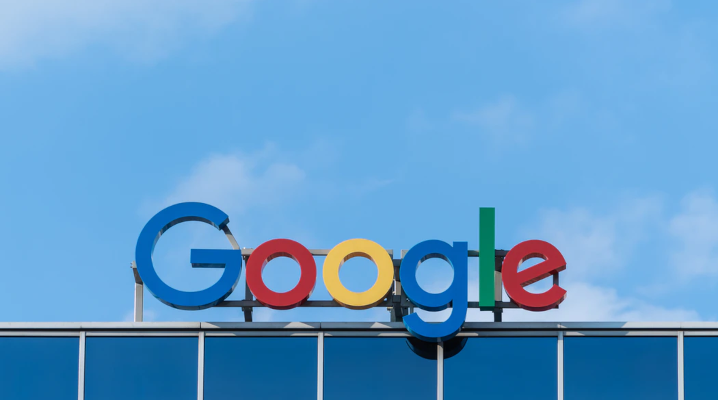 AI
AI
 AI
AI
 AI
AI
Google LLC parent Alphabet Inc. has advised employees not to enter internal information into artificial intelligence chatbots.
Reuters reported the policy this morning, citing four people familiar with the matter. Google later confirmed the report. The company is urging employees to avoid inputting sensitive data into conversational AI tools at a time when it’s working to expand the adoption of its Bard chatbot service.
According to Reuters, Google’s AI policy also extends to coding automation tasks. The company has reportedly asked its developers to avoid “direct use” of code generated by chatbots. Bard offers code generation capabilities as part of its feature set, as do competing services such as OpenAI LP’s ChatGPT.
Google expanded Bard’s programming capabilities in an update released earlier this month. According to the company, the update will help the chatbot more easily answer mathematical questions entered by users.
Many programming languages include features that are specifically geared towards mathematical tasks. Using those features, developers can perform fairly complex calculations with as little as a few lines of code. The same calculations might be difficult or impossible for an AI chatbot such as Bard to solve.
With the update that Google released to Bard this month, the search giant added a so-called implicit code execution feature. The feature can detect when a user enters a mathematical problem that is difficult for the chatbot to process, but could be solved easily with the help of custom code. Bard then generates the code necessary to perform the calculation.
Google released the update a few weeks after it expanded the availability of the chatbot to 180 markets. It also made Bard available in Japanese and Korean.
Google is not the only company taking a cautious approach to internal chatbot use. Samsung Electronics Co. Ltd., Amazon.com Inc. and Deutsche Bank AG told Reuters they have likewise “set up guardrails on AI chatbots.” It was earlier reported that Amazon had urged engineers seeking an AI coding assistant to use its internal machine learning software instead of OpenAI’s ChatGPT.
Apple Inc. is also believed to be among the companies that are limiting employees’ use of external chatbots. Last month, the Wall Street Journal reported that the iPhone maker is developing an in-house large language model to support employees’ work. The effort is believed to be led by Apple executive John Giannandrea, who joined the company in 2018 after previously leading Google’s AI and search group.
Support our mission to keep content open and free by engaging with theCUBE community. Join theCUBE’s Alumni Trust Network, where technology leaders connect, share intelligence and create opportunities.
Founded by tech visionaries John Furrier and Dave Vellante, SiliconANGLE Media has built a dynamic ecosystem of industry-leading digital media brands that reach 15+ million elite tech professionals. Our new proprietary theCUBE AI Video Cloud is breaking ground in audience interaction, leveraging theCUBEai.com neural network to help technology companies make data-driven decisions and stay at the forefront of industry conversations.